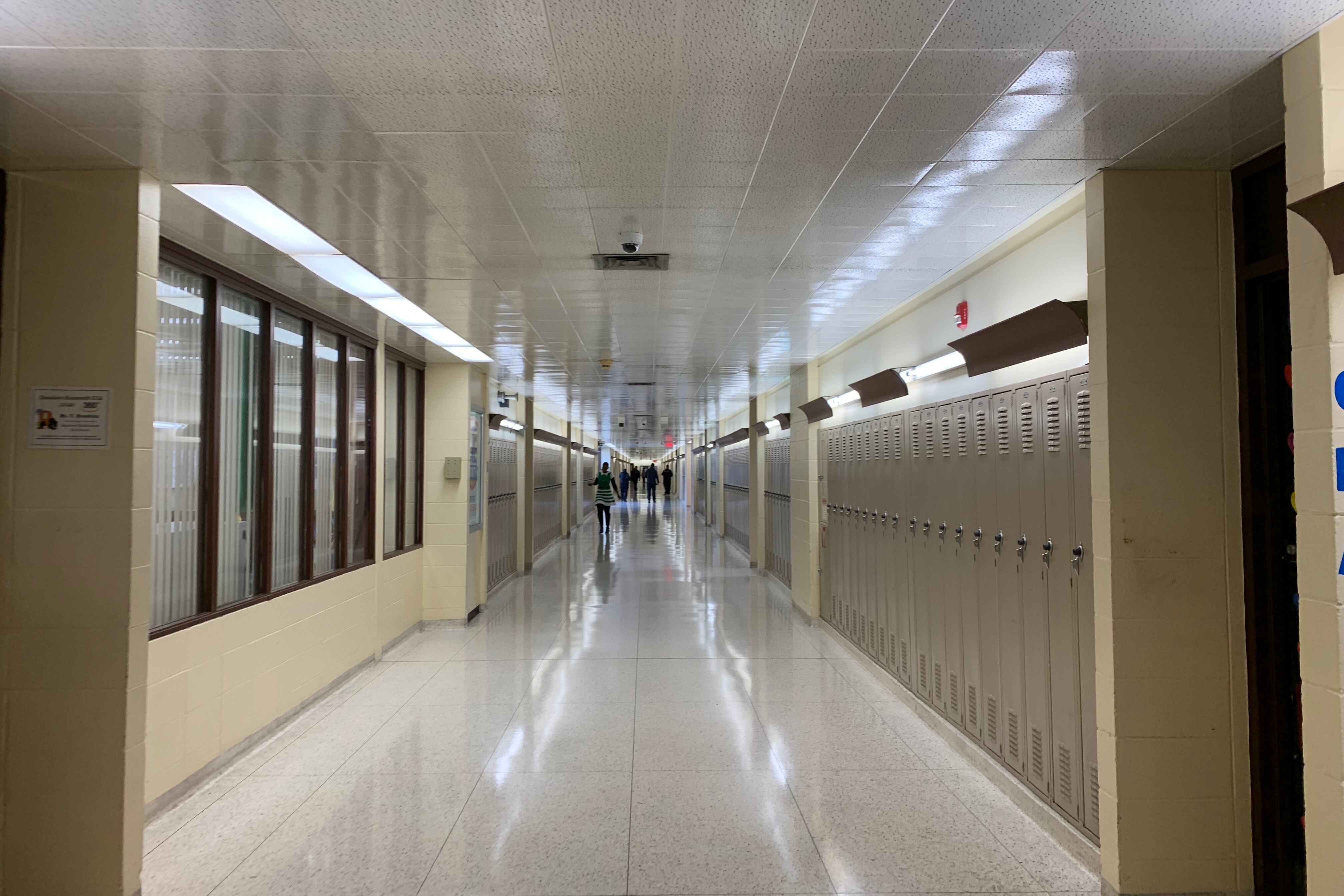Pushing back on a move last week to cut state aid to schools that stay fully remote, Republican Gov. Eric Holcomb proposed Wednesday keeping funding levels steady through the fall.
Holcomb’s proposal would stave off cuts for a few months — and buy time either for students to return to classrooms or for Indiana lawmakers to discuss potential changes to a state law that otherwise would reduce state dollars for students learning mostly online.
He suggested delaying the Sept. 18 count date of student enrollment that’s used to calculate school funding. By postponing the count date until at least December, schools won’t immediately see their funding dip.
But Holcomb’s proposal does not guarantee that schools will be fully funded for the whole school year. It’s unclear whether the spread of the coronavirus will subside and remain low enough for all schools to safely reopen classrooms for full-time in-person instruction. Several districts plan to re-evaluate later this fall whether to reopen classrooms.
If students don’t return, fully funding virtual education during the pandemic would require legislative action — and at least one leading lawmaker has already cast doubt over whether the Republican majority will fulfill promises to protect schools.
Holcomb’s senior education adviser Katie Jenner said the move still offers “near-term” certainty for schools.
“Obviously what we wanted to do is lock in right now and say at this point, you do not need to be concerned about this,” Holcomb said. “And how we then address virtual education, we’ll have time to do that.”
In a statement, Holcomb said legislative leaders “share my commitment to fund schools to the full extent during this uncertain and unprecedented time.”
In a press release, House Speaker Todd Huston and Senate leader Rodric Bray offered support for the move. Bray, who alarmed districts last week by outlining reductions to schools not offering in-person learning, said lawmakers could “take a fresh look at these statutes in light of the pandemic to ensure schools are adequately funded.”
State schools Superintendent Jennifer McCormick said she is still reviewing the benefits and consequences of Holcomb’s proposal.
“This delay is just that — a delay,” McCormick said in a statement. “Hoosier schools deserve a solution to secure 100 percent funding as districts are bargaining, budgeting, and preparing for the next 18 months.”
Postponing count day will likely soothe some school leaders’ anxieties, but the state still needs to deal with how a funding formula written for virtual charter and other online schools gets applied more broadly during a pandemic, said Denny Costerison, executive director of the Indiana Association of School Business Officials.
“We have more time to deal with the issue, but no, it does not solve the overriding issue of what will be the funding levels for schools that have decided to do full-time virtual or a hybrid model,” he said.
Holcomb’s proposal also pushes the school funding debate past the November election, in which he is running for a second term and Republicans are seeking to hold onto a two-thirds majority in the state House.
The Indiana State Board of Education, made up of members appointed by Holcomb and other legislative leaders, would need to call a special meeting to move the count date.







